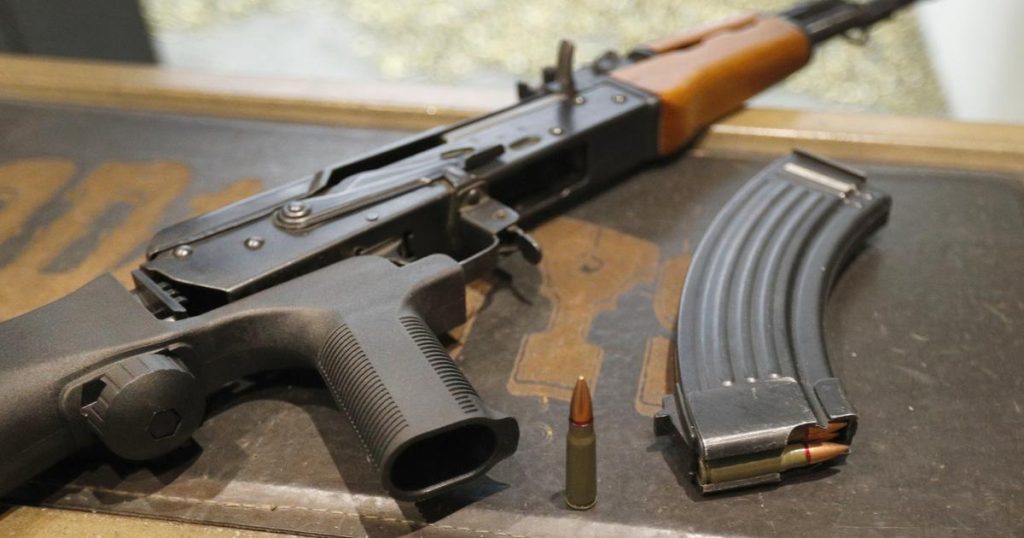Republican Senator Martin Heinrich attempted to pass legislation to restore a ban on bump stocks, which enable semi-automatic weapons to shoot at a rapid pace. However, his efforts were blocked by Senator Pete Ricketts, a Nebraska Republican, who objected to the measure. Heinrich argued that bump stocks have no legitimate use and should be banned, comparing them to machine guns that have been banned for almost 100 years. Ricketts dismissed the bill as part of a “Democrat summer of show votes” and suggested it was an attempt to ban as many firearm accessories as possible.
Senate Majority Leader Chuck Schumer supported the bump stock ban, calling it a common-sense measure and criticizing Senate Republicans for opposing it. He highlighted that even some Republican senators, like Susan Collins of Maine, had signed on as co-sponsors of the legislation. The Supreme Court had previously overturned the ban on bump stocks, ruling that the Bureau of Alcohol, Tobacco, Firearms, and Explosives had overstepped its authority by prohibiting the devices. The Court determined that a semi-automatic rifle with a bump stock is not the same as a machine gun, as the trigger still must be released and reengaged to fire each shot.
The ban on bump stocks was put in place in 2019 after a gunman used semi-automatic rifles equipped with the accessories to kill 60 people at a Las Vegas music festival. Justice Clarence Thomas argued that a bump stock does not convert a semi-automatic rifle into a machine gun, while Justice Samuel Alito suggested that the Las Vegas massacre strengthened the case for changing the law to ban bump stocks. President Biden called on Congress to pass a ban in response to the Supreme Court’s decision, stating that Americans should not have to live in fear of such mass devastation.
Despite efforts by Democratic lawmakers to reinstate the ban on bump stocks, Republican opposition has prevented its passage in the Senate. Schumer and other Democratic senators have emphasized the need for such legislation in the wake of mass shootings that have been carried out using semi-automatic weapons with bump stocks. The debate highlights the ongoing political divide over gun control measures and the challenges of enacting comprehensive firearms regulations at the federal level. The fate of a potential bump stock ban remains uncertain as lawmakers continue to clash over the issue.


